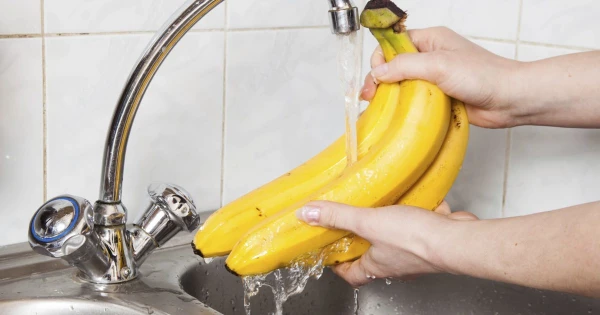
Even the most cleanliness-conscious people do not always know all the nuances of hygiene. Here are practical tips to help avoid common mistakes and protect your family's health.
Close the Toilet Lid When Flushing
Many people flush the toilet with the lid open, but this is dangerous:
- Water splashes can reach the floor, towels, toothbrushes, and other items
- There is a possibility of transmitting bacteria and parasites (E. coli, helminths)
Tip: Always flush with the lid closed, and cover toothbrushes with caps. In a public restroom, it’s better to turn away when flushing.
Wash Bananas and Fruits Thoroughly
Many believe that bananas do not need to be washed, but the skin may harbor parasites or their larvae that can transfer to the fruit during peeling. Bananas with dark spots or soft flesh are especially dangerous.
Tip: Wash vegetables and fruits under running or warm water, and bananas can be gently washed with soap. Even produce from your own garden does not guarantee the absence of microbes.
Regularly Update Your Utensils
Even the cleanest dishes accumulate bacteria over time. Special attention should be paid to cutting boards:
- One for raw meat and fish
- Another for bread and vegetables
Even thorough cleaning does not guarantee complete elimination of microbes. Glass cutting boards are considered the most hygienic.
Tip: Keep knives and boards separate, and periodically update your utensils.
The Sink — A Breeding Ground for Microbes and Parasites
If you leave dishes in the sink with water, microbes multiply faster. It’s better to wash and prepare meat and fish separately, and store kitchen sponges in a clean place.
Tip: Wash dishes immediately after cooking and avoid washing meat products with other utensils.
These simple rules may seem obvious, but they truly protect the health of you and your loved ones. By mastering them, you will reduce the risk of infection from bacteria and parasites and feel more confident about the cleanliness of your home.



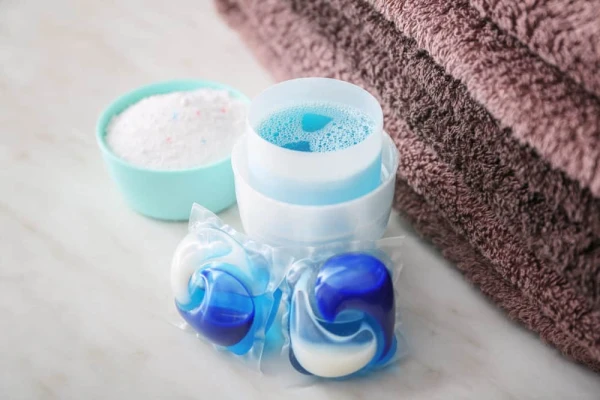

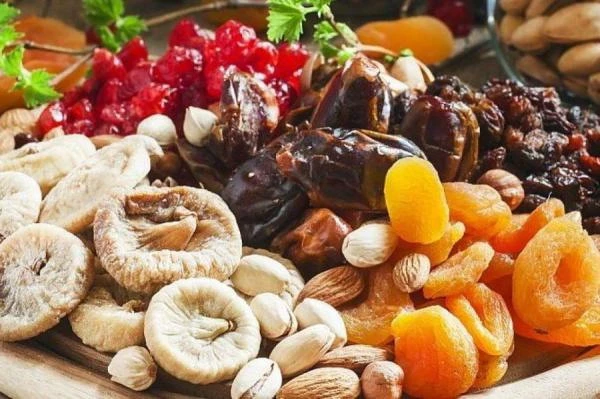

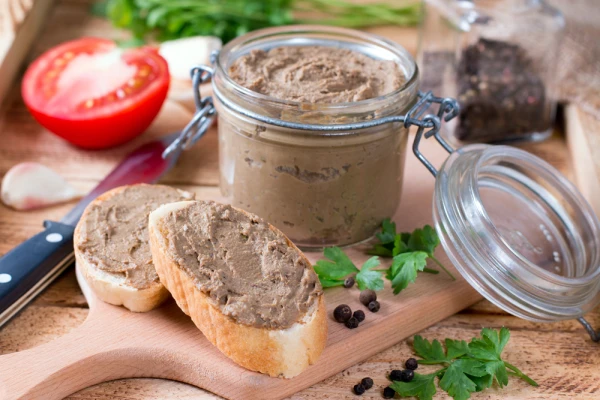




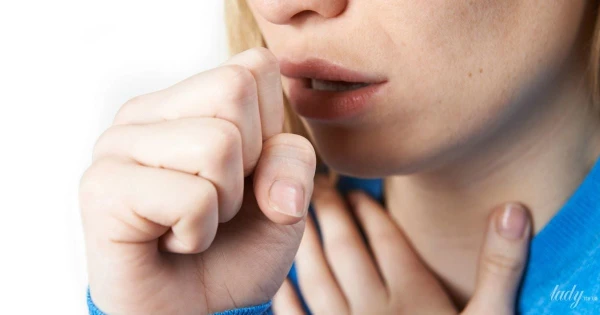

Leave a comment